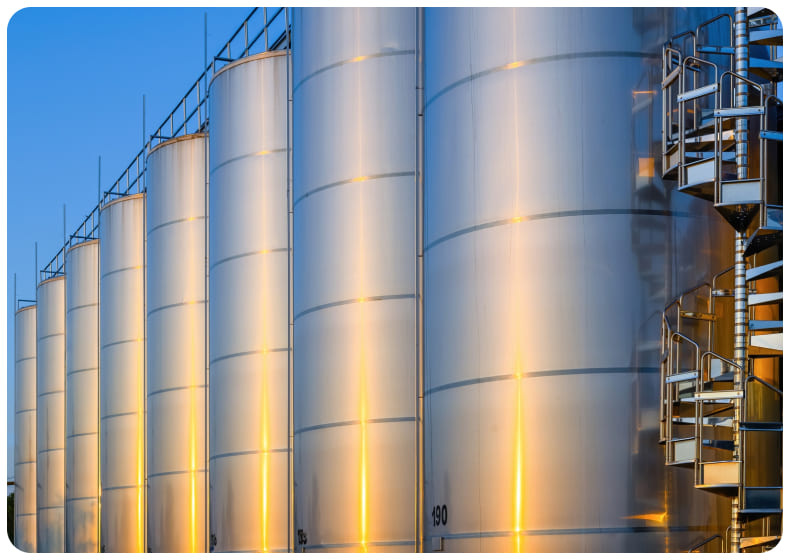Production outlook

Growing global demand
The International Energy Acency (IEA) recognises the role that biofuels play in providing sustainable energy to hard-to-abate sectors and the need to significantly grow biofuel production to reach the Net Zero Emissions target by 2050. In 2022, biofuel demand reached a record high of 170,000 million litres; by 2030, this needs to more than double to reach the 2030 targets in the Net Zero Emissions by 2050 scenario—an average growth of 11% yearly.
Production & consumption in the EU
Biofuel consumption in EU transport sector was 13 million tonnes in 2015 and reached 16 million tonnes in 2019. The use of advanced biofuel has been increasing in recent years and was slightly above 4m tonnes in 2020 at around 25% of total biofuel consumption.


An untapped potential by the EU
Data modelling from the Imperial College London consultants concludes that the potential available of sustainable biomass, with no harm to biodiversity, could support advanced and waste-based biofuel production in Europe of up to 350m tonnes per year by 2050. This showcases how advanced biofuels, together with synthetic and waste based fuels, can support climate neutrality alongside electrification in Europe, if the opportunity is grasped by the EU.
Industry can grow with EU collaboration
In addition, A study for the EU Commision found that by working with industry, with succesful R&I and attainment of the 2050 EU targets, advanced biofuels could achieve 330 million tonnes of net emissions savings in replacing fossil fuels, significantly improve energy security and provide a market volume of 1.6% of EU’s GDP. The study also found that this would result in a net increase of 108,000 jobs, a positive development as it also includes the substitution of existing jobs displaced in the energy transition.

